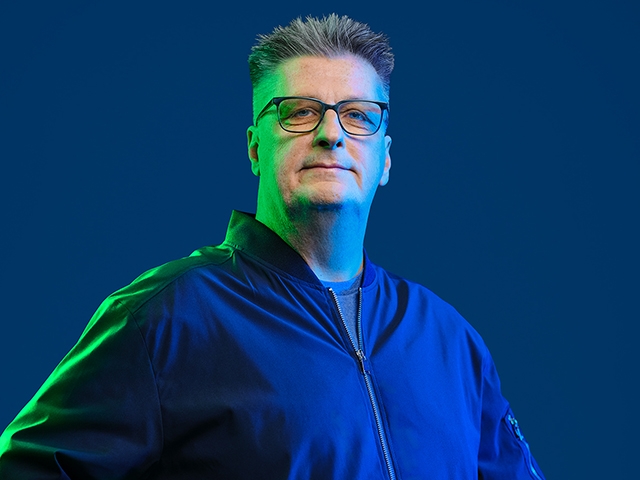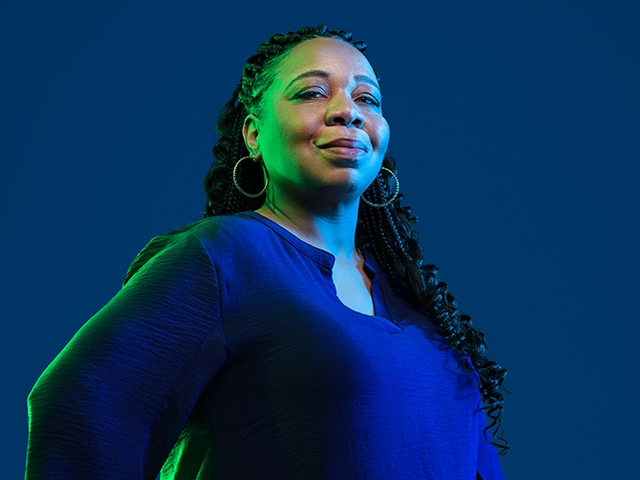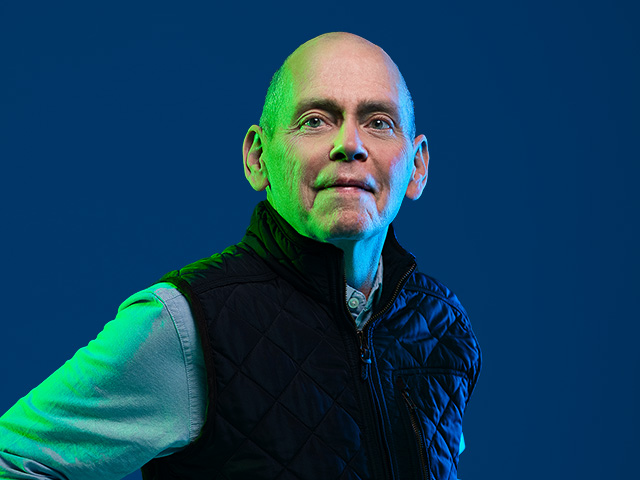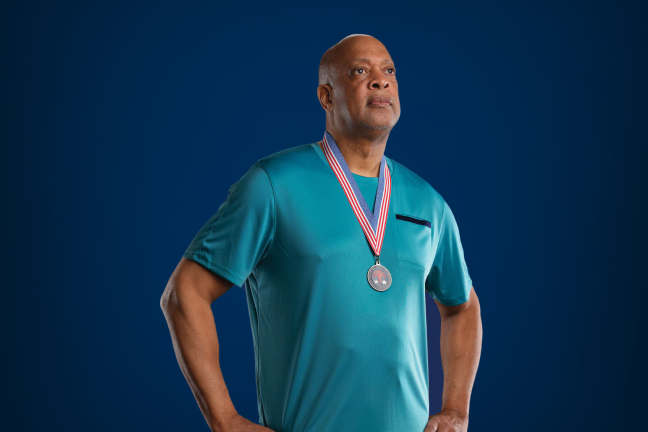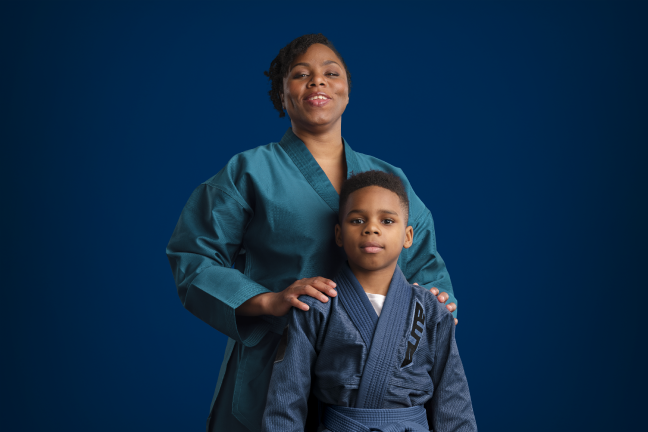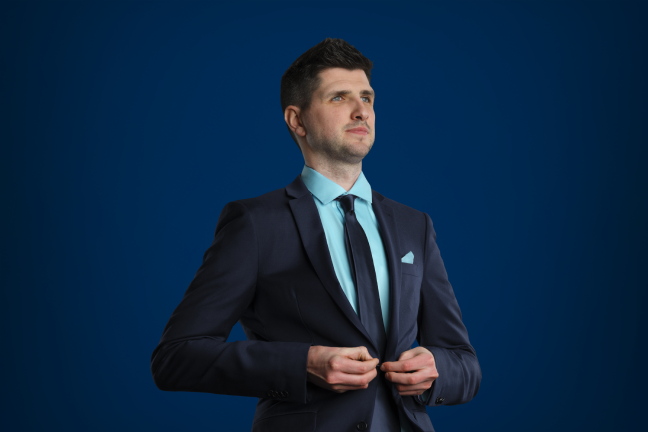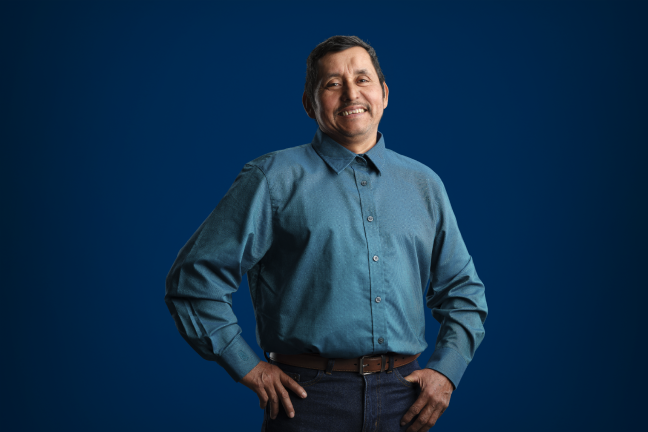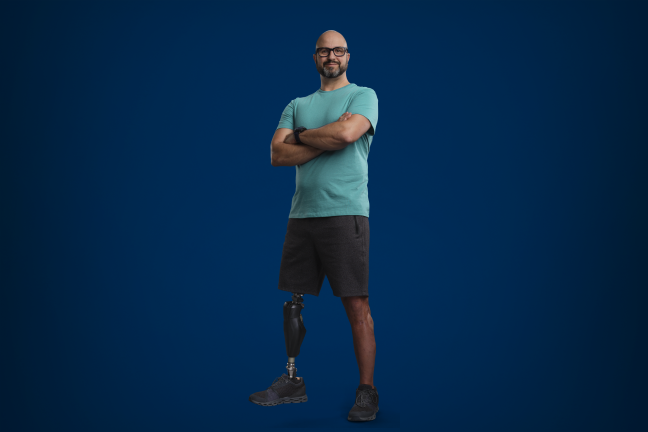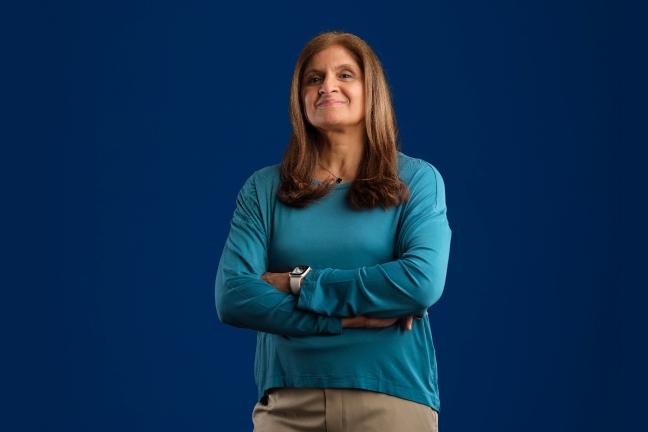Outsmarting AFib with first-of-its-kind tech.

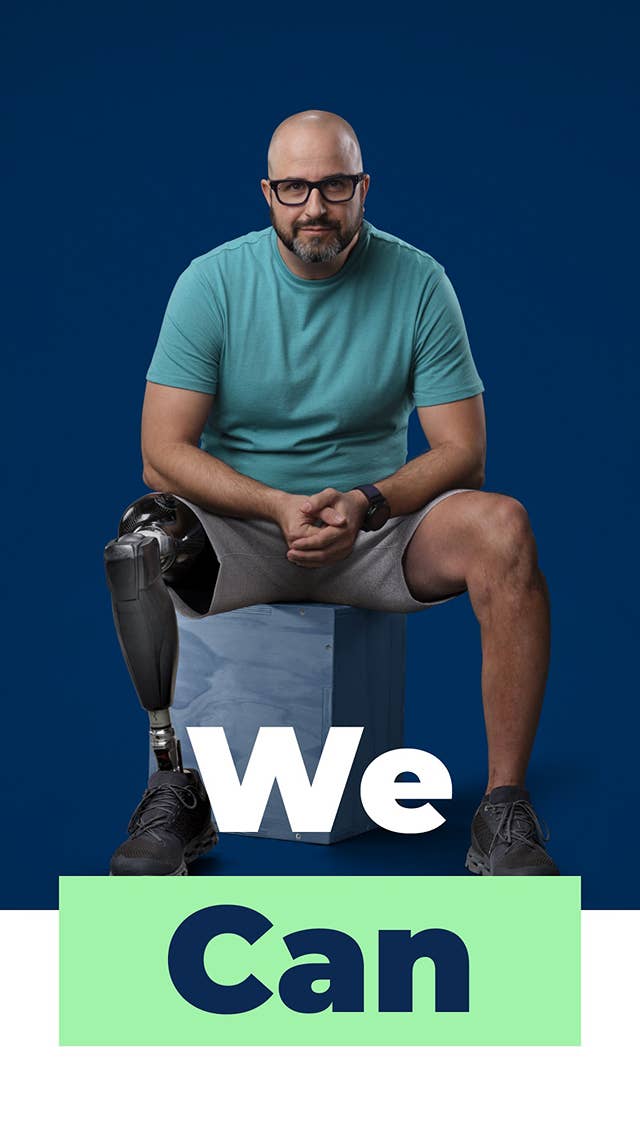
Back in the race
Ted Droski finished last in the 2018 Spectrum Health Irish Jig 5K.
“Dead last,” he said.
But he and everyone around him knew his showing had all the hallmarks of a hard-fought win.
“It was an accomplishment for me just to finish,” Droski said.
Droski has been a longtime volunteer and participant in the race, but 2018 marked the first time he walked the 5K using his prosthetic leg.
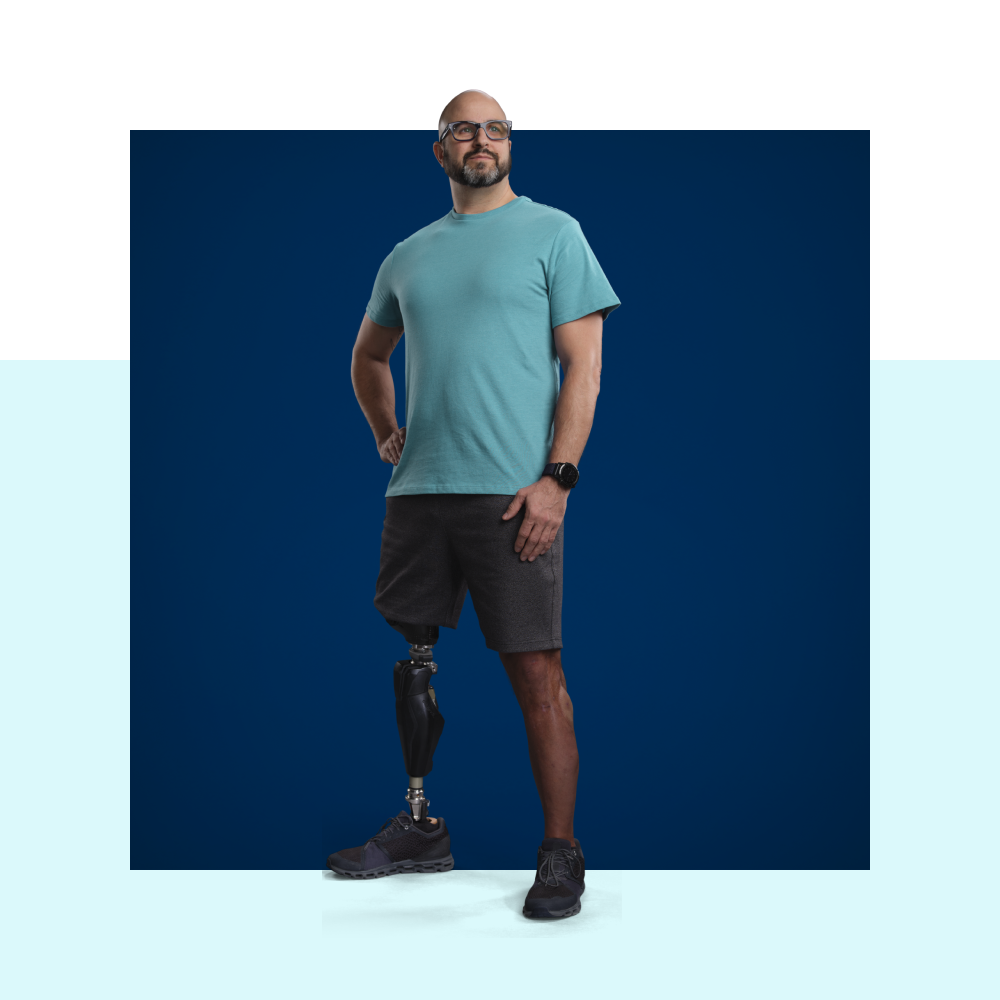
This year, when the 36th annual event kicks off March 16, he’ll be there again, aiming to walk — possibly even run — to another personal victory.
“It’s a very special race to me,” he said.
Droski has worked for Spectrum Health for nearly 23 years, most recently as a senior project specialist for the leadership team. He started as a race volunteer in 2007, and the following year, he ran the race for the first time.
He hasn’t missed one since — either running, walking, or rolling across the finish line, every year.
He even joined the Irish Jig Race Committee to help plan the event. Along the way, he discovered a love of running, pushing him to run two marathons and many other 5Ks.
Life-changing tragedy
On Aug. 4, 2015, Droski’s life changed forever.
As he drove to work that morning, he stopped on the side of the road a few doors down from his home in Allendale, Michigan, to adjust some items in the trunk of his car. As he stood behind his car on the side of the road, a sun-blinded driver ran into him, crushing his legs and breaking his back.
In the weeks following, doctors would amputate his right leg above his knee and perform multiple surgeries to save his life and his other leg.
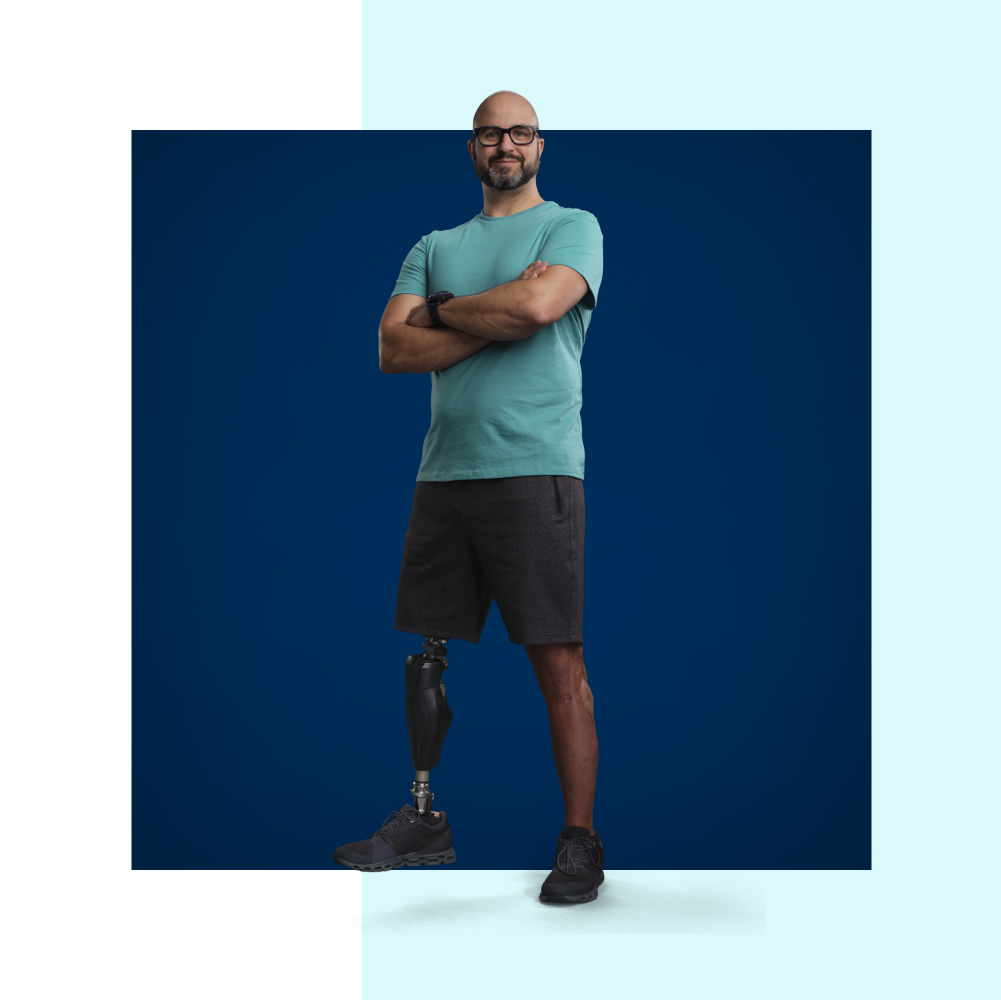
He spent just over a month at Spectrum Health Butterworth Hospital and another two weeks in inpatient rehabilitation. He would go on to spend more than two years working with doctors as they tried to save his left leg.
He returned to work in February 2016. The Irish Jig rolled around the next month.
While he would rather have been running in the race, he settled for the next best thing: He and his two daughters, Kylie and Aislinn, led the way in the pace car.
The following year, Droski hand-cycled in the race as he and others tried to add an accessibility division. They soon discovered a March race proved too cold for hand-cyclers.
So Droski set his goal to walk the following year.
And walk he did, accompanied by his wife, Jennifer, and his daughters, as well as a team of friends and coworkers.
He credits his family, friends, and Spectrum Health colleagues and doctors with his success throughout the ups and downs over the past 3 1/2 years.
“Incredibly tough doesn’t begin to describe it,” Droski said.
He sees 2018 as his best year yet, partly due to improvements in his physical fitness.
“Hilariously, I am probably in the best shape of my whole life, even pre-accident,” he said.
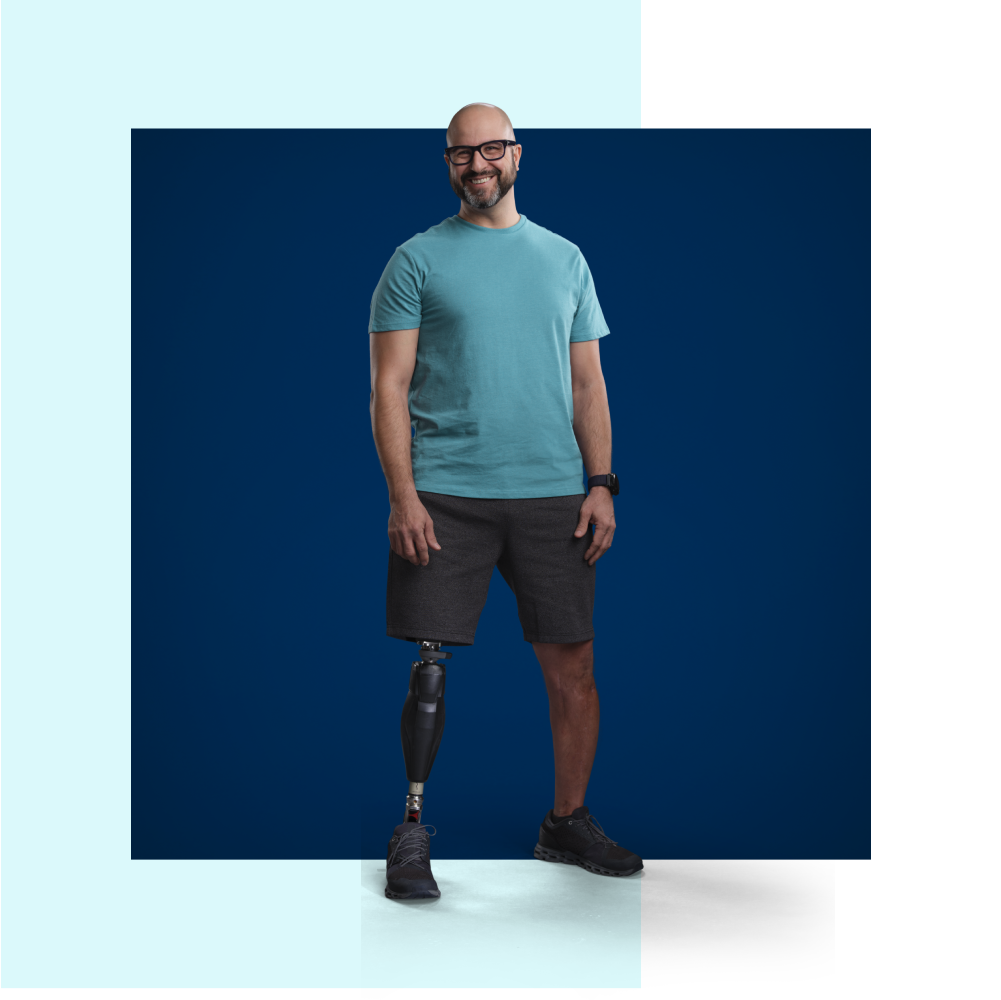
Fit and active
Droski has a long list of much-loved physical activities — hand-cycling, wheelchair tennis, snowboarding, cross-country skiing, golf, even CrossFit.
He works with a personal trainer three mornings a week, from 6 to 7 am to build strength.
“My trainer has been instrumental in helping me execute my fitness plan,” he said.
Droski also does physical therapy as needed. He sees Dennis Suzara, DO, a physical medicine and rehabilitation doctor with Spectrum Health Medical Group Spine & Pain Management.
Strength training has helped increase Droski’s mobility, which has made walking — and possibly running — the Irish Jig a more achievable goal.
“I continue to make strides,” Droski said
A year ago, he had to stop three times to rest during his morning walks from the parking ramp to his office.
“Now, I just walk it,” he said.
Dr. Suzara has found Droski’s journey inspiring, especially his participation in last year’s Irish Jig.
“That’s a huge thing,” Dr. Suzara said. “I am very proud of him.”
The doctor is even more hopeful about Droski’s performance in this year’s race.
“I think he will do very well — and in my book, he’s a winner,” Dr. Suzara said. “For him to put himself out there, that is a big deal. He’s going to do great.”
Dr. Suzara said he hopes Droski’s athletic pursuits inspire other amputees.
“This should not be holding you back from doing anything,” he said. “The only thing that holds anybody back, amputee or not, is yourself.”
Recover stronger
Reclaim your strength with expert rehabilitation care. Corewell Health is here to help you move forward.




